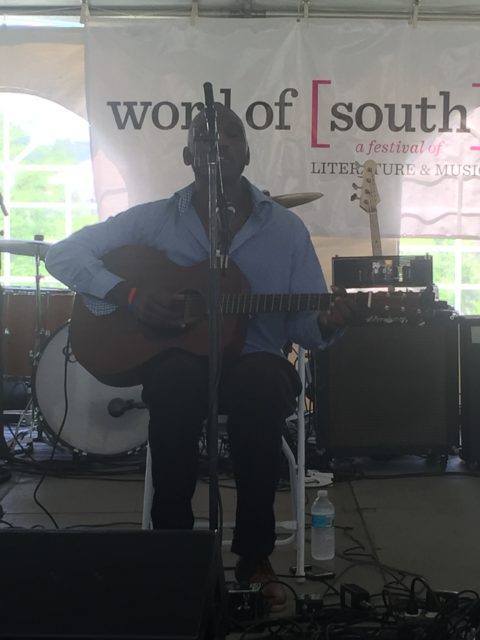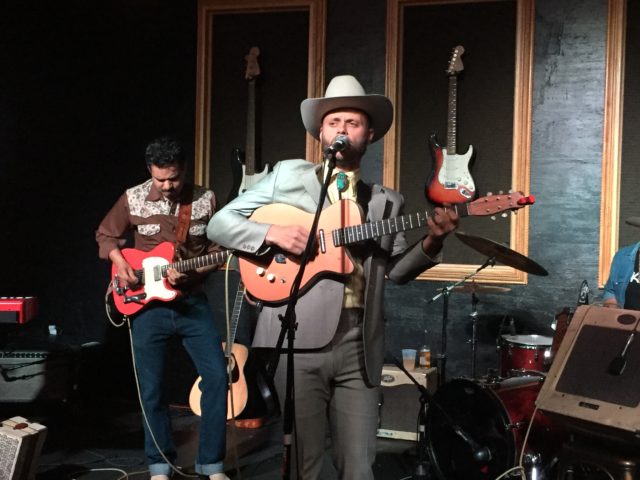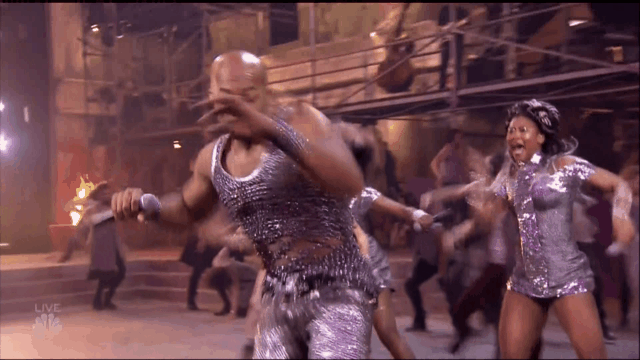De mortuis nil nisi bonum Does Not Rhyme With Rich

I posted this on the Twitter machine last night and took a little bit of grief for it. De mortuis nil nisi bonum goes the ancient admonition – Of the dead, speak nothing but good – and it was suggested that my comment was disrespectful and in poor taste.
On the other hand, I also got a ton of likes and retweets, with several commenters taking things farther and offering some truly savage comments about the late Mrs. Bush.<fn>Though none as toxic as the that offered by the odious Roger Stone. You’ll have to search for it if you’re interested.He gets no link from this bloggy vineyard.</fn> <fn>I also received numerous requests to define the word encomia, the plural of encomium, with one wag suggesting that I must keep a Word of the Day calendar on my desk. Peccant whereas criminated.</fn>
Respectfully, both reactions miss the point. I come neither to praise or bury Barbara Bush. In many ways, her passing is but a blip in the larger landscape of our rippling human drama. To her family and friends, certainly, this is a sad moment, a time for reflection and remembrance and mutual support. They deserve the space and respect to handle this however they see fit within their own circle.
But the lionization of Barbara Bush, a woman who is, at best, a footnote in history, does nobody any good. All the misty-eyed reminiscences have thoroughly ignored the complexity of this flesh and blood creature. It doesn’t take much googling to discover that Barbara Bush was prone to say things that were, if not downright nasty and cruel, at the very least oblivious and callous towards real human suffering.
Her thoughts after her wastrel son launched an unnecessary and illegal war in Iraq:
But why should we hear about body bags, and deaths, and how many, what day it’s going to happen, and how many this and what do you suppose? Or, I mean, it’s, it’s not relevant. So why should I waste my beautiful mind on something like that?
And here, in the wake of Dubya’s incompetent response to Katrina:
What I’m hearing, which is sort of scary, is they all want to stay in Texas. Everyone is so overwhelmed by the hospitality. And so many of the people in the arena here, you know, were underprivileged anyway, so this is working very well for them.
Oh, those lucky poors. They never had it so good.
Again, not to pick on Babs: we are all of us, at times, oblivious and cruel, some of us more than others, some of us more intentionally than inadvertent. On this score we are all certainly guilty to one extent or another.
But our society’s penchant for painting rosy pictures of the dead is part and parcel of our unwillingness to face squarely the prevailing assumptions and privileges that are hurtling our nation headlong into third world debasement. Nobody wants to point out the Snicker bar floating in the swimming pool might not actually be a piece of candy. Nobody wants to be thought callous or unkind at someone’s passing.
But we are a nation asleep, and telling comforting bedtime stories about a person, living or dead, does nothing to rouse our dulled sense of engagement. At my passing, I hope to be remembered fondly for things I have done that are worthy of endearment. I also hope that I can count on my closest friends to speak some hard truths about what went along with that. The story only partially told does the listener – and the storyteller – a grave disservice. I have some exceptional warts that are well worth the telling.
A few weeks back, writing about the JC Superstar production, I noted that depictions of the Christ as a flawed, deeply human character “do more to imbue the myth with the kind of layered meanings that encourage considered reflection and exploration than do the Sunday school bromides of my youth.” I admit that the Barbara Bush story has some elements to it that are pretty admirable, amazing even. But presenting her as just this side of saintly only sets up the inevitable tension between discovering the heel of clay or turning ourselves inside out to maintain illusion. The first encourages cynicism; the latter, dishonesty. Both are corrosive.
The full Didion quote I reference in the tweet is “We tell ourselves stories in order to live.” It’s the opening line in her legendary essay The White Album. It is one of my favorite lines in all of literature: When I feel like not writing, I think of that quote. It emphasizes our need to craft a narrative, to strive to make sense of our world and ourselves. It is – like the first line in this blog’s manifesto – a continual source of inspiration and strength for me. But it’s worth noting that as The White Album essay unfolds we discover that Didion is exploring whether the utility we find in telling ourselves stories may be more to do with our ability to fool ourselves about what is really going on.
The Didion of The White Album is in serious psychic distress about a society that was every bit as fractious and self-destructive as is our current civis. In the final sentence, she laments that “writing has not yet helped me to see what it means”. Perhaps as 40 years have passed, as she has grappled with telling herself (and us) these stories, grappled with – and wherever possible, resisted – the temptation to sugar coat the harder truths, she has glimpsed more accurately “what it means”. I like to think so, but that may be just another comforting bedtime tale. Only she knows for sure.
Didion’s is an exemplary path, a hard path. Her striving to understand “what it means” is a beacon for me. At the same time, I would be a fool to ignore the aspects of Didion that are less than admirable.<fn>I’ve got my own little list. You make your own.</fn> Ignoring the blemishes of our heroes – and ignoring the positive attributes of our nemeses – constitutes an error certain to keep my own “what it means” epiphany well out of reach. That epiphany is a destination that, for both the individual and the collective, is ill served by putting a false face on whom/whatever we choose as the subject of our stories.
So enough with the fairy tales about Barbara Bush. She was by all accounts a tough cookie. She can stand the harsh light of decent honesty.












